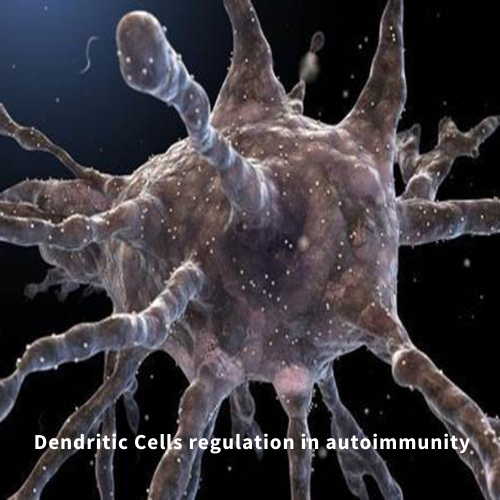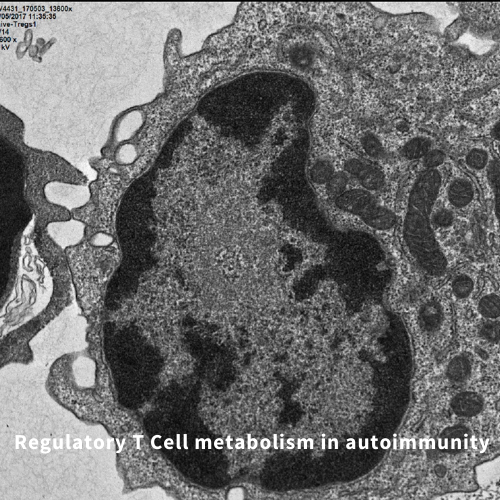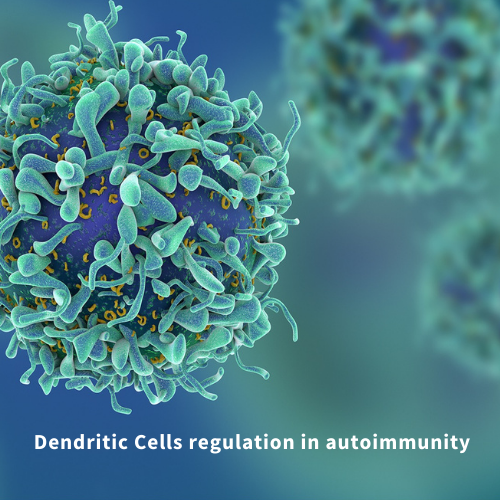Exploring the function of immune regulatory networks in autoimmune diseases
Autoimmune diseases comprise a heterogenous group of inflammatory responses against self tissues or
cells, that develop upon failure of immune regulatory cells (such as Regulatory T cells and Dendritic Cells) to restrain autoimmune inflammation. Previous
studies from our group have unraveled novel mechanisms of function of these regulatory cells during the course of autoimmune diseases (Alissafi et al JCI 2017,
Alissafi et al JI 2015, Ioannou et al. JI 2013) and have for the first time highlighted that their metabolic dysfunction can be in part responsible for the
development of autoimmunity (Alissafi et al, Cell Metabolism 2020). However, the molecular mechanisms and the triggers that determine the deterioration of
regulatory cells in autoimmune diseases remain ill defined. An in depth understanding of the mechanisms that drive the metabolic rewiring of regulatory cells
would ease the design of immunotherapies in numeral clinical settings such as autoimmunity, cancer and transplantation in which disturbed tolerance is a common
denominator.
Armed with a thorough knowledge on immunoregulation and its translational implications, through our collaboration with expert clinicians in the field,
our ongoing and future studies aim to exploit why regulatory networks are not able to modulate immune system attack on the body and prevent autoimmune
responses. The vast majority of autoimmune diseases develop as a consequence of complex mechanisms that depend on genetic, epigenetic, molecular, cellular,
and environmental elements and result in defects in immune regulatory checkpoints of tolerance, such as DCs and Tregs, and ultimately in the breakdown of
immune tolerance. Focusing on the interplay of DCs and Tregs, we wish to delineate which mechanisms of their function are defective during autoimmune
diseases in order to develop targeted therapeutic strategies with the goal of restoring immune tolerance.


